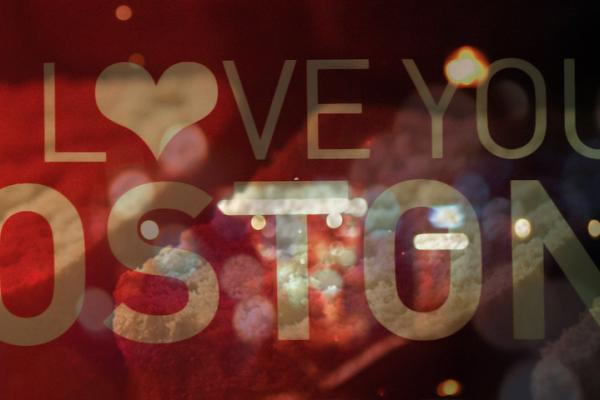Something happened last week and I still can’t shake the funk of it off me. It happened in Boston and Texas; I saw it in Chicago as well, and the week before in Afghanistan. Last Sunday I tried to be a dutiful pastor and make sense of it from the pulpit, but ended up saying that I couldn’t make any sense of it. It wasn’t in what happened but the response. Not that they were making too much out of it — no, these tragedies were tragedies — but that maybe we weren’t making enough of it.
When the smoke of the bombs rescinded, we did what national pride dictates — we put “Boston Strong” all over everything and took up pledges to run the Boston Marathon (the first 10-miler will cause significant reassessment of this showing of national pride) — but we also began a collective process of national mourning and deep reflection, of asking, “How could this have happened?” When we knew nothing of the perpetrators, we asked instead about terrorism and mental illness — root causes (?). We expanded our search, into new territory that resembled 9/11 in some ways, back when we knew nothing and all parties were guilty parties. Accountability was spread wide, including home. This was not a search for a scapegoat but a search for the soul of a nation.
Read the Full Article

